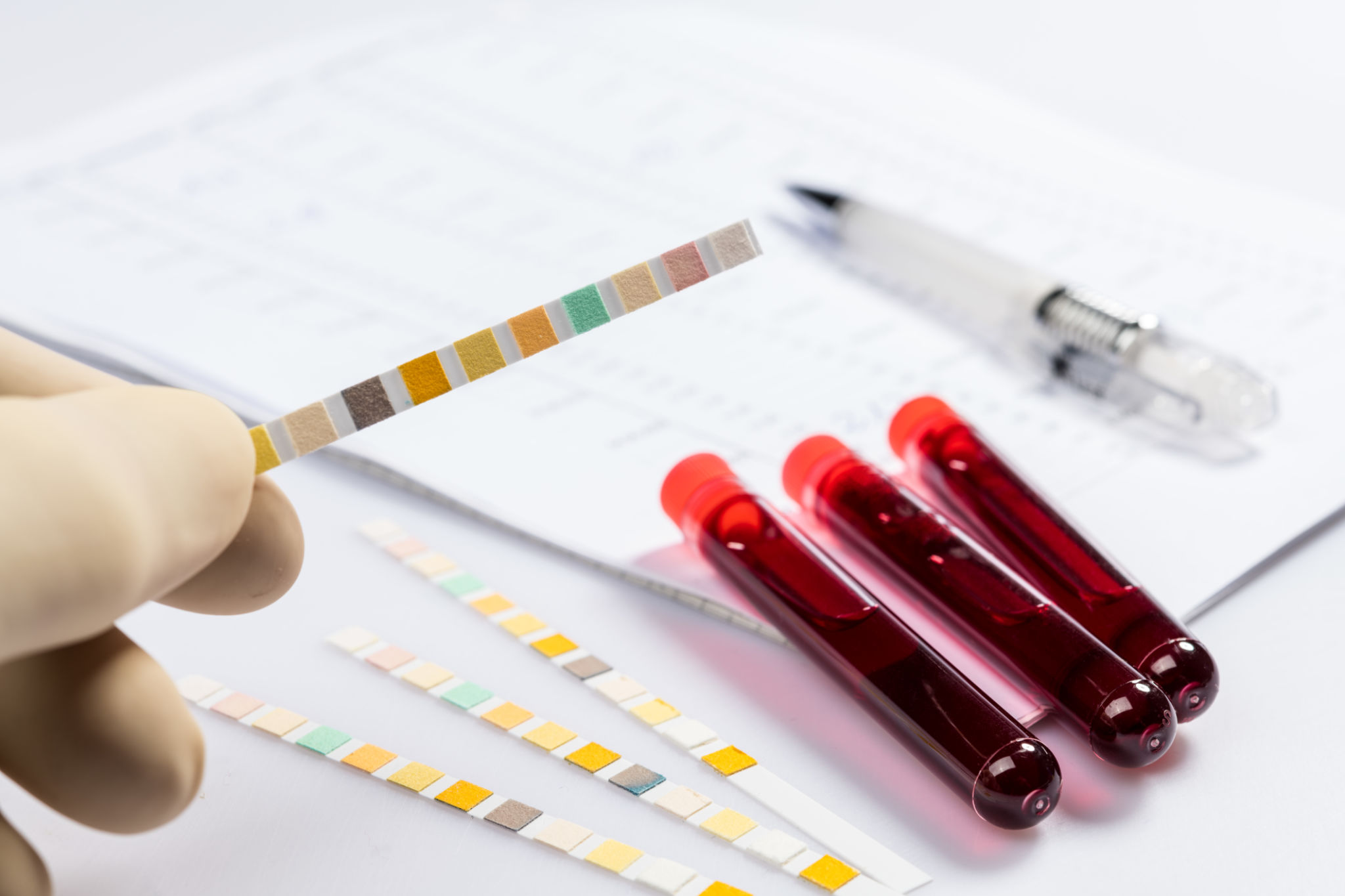Understanding the Drug Testing Process: What to Expect as a Specimen Collector
AD
Introduction to the Role of a Specimen Collector
Embarking on a career as a specimen collector in the drug testing industry can be both rewarding and challenging. Understanding the responsibilities and the overall process is crucial for those interested in this role. As a specimen collector, you play a vital part in maintaining the integrity of drug testing procedures and ensuring that results are accurate and reliable.

The Specimen Collection Process
The primary duty of a specimen collector is to collect samples, typically urine, from individuals for drug testing. The process begins with verifying the identity of the individual to ensure that the right person is providing the sample. This is often done by checking government-issued identification. Once identification is confirmed, you will guide the individual through the sample collection process.
It is essential to follow strict guidelines to maintain the chain of custody and prevent any tampering or contamination of samples. The collected specimens are then securely packaged and sent to a laboratory for analysis. The accuracy of drug testing heavily relies on the proper execution of these steps.
What to Expect During Training
Before starting work as a specimen collector, you will undergo extensive training. This training covers all aspects of specimen collection, including legal considerations, safety protocols, and communication skills. You will learn how to handle and document samples correctly, ensuring every step adheres to regulatory standards.

Moreover, training often includes role-playing scenarios to help prepare you for real-life situations that may arise during the collection process. This hands-on approach ensures you are well-prepared to handle any challenges that may come your way.
Challenges You May Face
Working as a specimen collector comes with its set of challenges. You may encounter individuals who are uncooperative or anxious about the testing process. It is important to approach each situation with professionalism and empathy, providing clear explanations and reassurance as needed.
Additionally, maintaining privacy and confidentiality is paramount. You must ensure that all information regarding the individuals being tested is kept secure and only shared with authorized personnel.

Tools and Equipment Used in Specimen Collection
Specimen collectors use a variety of tools and equipment to ensure samples are collected properly. This includes collection cups, tamper-evident seals, and chain-of-custody forms. Being familiar with these tools and understanding their proper use is critical to your role.
- Collection Cups: Used to collect urine samples.
- Tamper-Evident Seals: Ensure the integrity of the sample.
- Chain-of-Custody Forms: Document each step of the collection process.
Final Thoughts on Being a Specimen Collector
Being a specimen collector is more than just a job; it's a responsibility that requires attention to detail, integrity, and excellent interpersonal skills. By understanding the entire drug testing process and being prepared for any challenges, you can excel in this vital role within the healthcare and safety industries.
The satisfaction of contributing to safer workplaces and communities is a rewarding aspect of this career. With proper training and dedication, you can make a significant impact as a specimen collector.